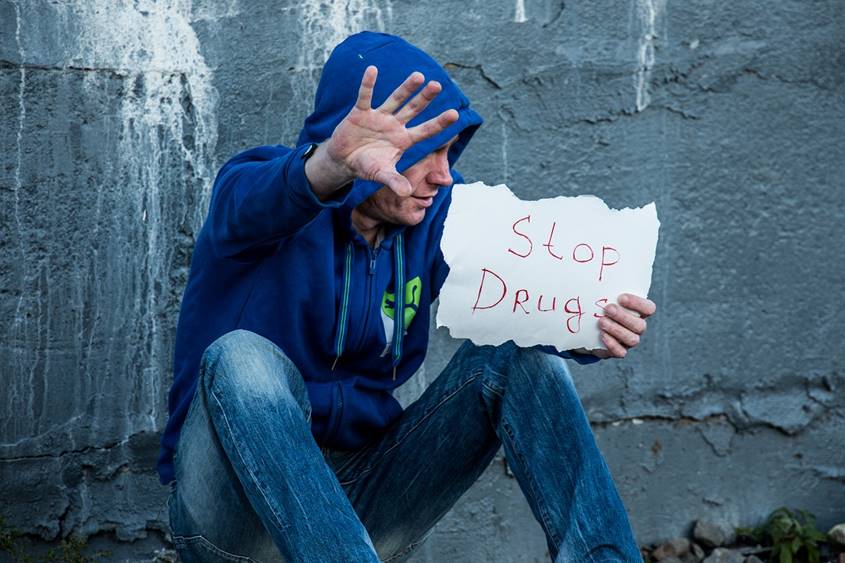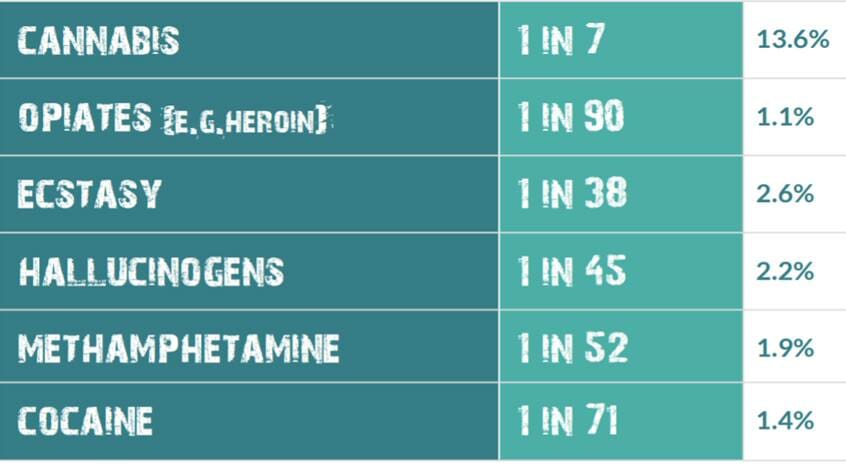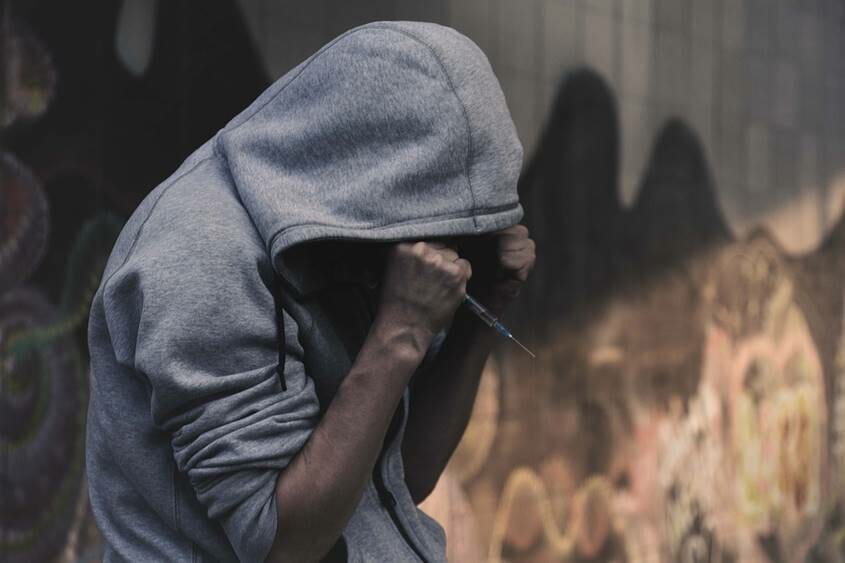
I think most parents are worried their teens might be (or are) using drugs. Those who are not so worried typically used drugs themselves when they were young and keep telling themselves, “I turned out OK, so my child will ‘get it out of the system’ and grow out of it”.
This is nice, but one small mistake will make sure your child will never grow at all.
Every parent of a teen hosting a party at home debates whether or not it is OK for the teen guests to use drugs and what to do about it.
There are some people who give their teens drugs to use in the company of their friends to be perceived “cool”. They say they are using those same drugs themselves and don’t see any harm in doing it.
Most people don’t know it is against the laws to possess, use, make, import and sell drugs. You can be charged, fined or imprisoned for these things. If you think it won’t happen to you, just remember that everyone who has ever been caught, charged, fined or imprisoned all said, “No one will catch me”.
However, after the first time, there is no way back.
In Australia, there are many teens using drugs. Take a look below at the alarming statistic published by the National Drug Campaign.

Most of those children are missing the long-term lookout on life and don’t understand the implications of it on their health, wellbeing, their chance of getting a job, studying or even getting a credit card. While a fine my take a long time to pay off, not being able to study a profession can be a lot harder and affect your life a lot longer.
Drugs are external substances that supposed to give the user a feeling he or she is looking for. A feeling he/she cannot get in any other known way. Sometimes they start using it because they have parents with bad modelling (parents are users themselves) or because they are with low self-esteem and subject to peer pressure and take it to be in. Some say they are using drugs to numb a bad feeling they have, a bad memory.
Drugs and the Pharmacist
The problem with external substances is that they turn off the natural pharmacy we have in our body.
We all have a healthy, sophisticated pharmacy in our body that helps us balance our feelings. When we are too sad, the pharmacist releases chemicals to flood the body with happy chemicals. This pharmacist is so sophisticated that it knows the exact combination we need, the best dosage and how long we need it for.
It is so “smart” it will use different solutions for different forms of “sadness”. So, next time we are sad, it will compound again a different combination to suit the specific need. Sadness about your lost cat will be different to sadness about failing at something or sadness over a child dying from drug abuse.
To us human, sadness is one word, but we use it to describe many different forms and levels of emotion. Our pharmacist can recognize this while we are a bit limited in defining our sadness.

The problems we have with this pharmacist is that when we consume external substances or stimulation to treat a problem, the pharmacist says, “No one needs me. I am going on vacation”. External substances include drugs, alcohol, cigarettes, coffee, medication, supplements and sugar.
External stimulation includes excessive exercise and mobile phone use. External substances are not all consumed orally. They are things we use to ease some pain and we can’t live without.
Alcohol is not a problem unless it is something we can’t live without. Coffee is not a problem unless it is something we can’t live without. Medication is not a problem unless we can’t live without it. Feelings like “I have to have it”, “I can’t open my eyes without my coffee” or “I feel bad if I don’t run my 10km”, give us a sign our pharmacist is not doing its job and seems to be on vacation.
Addiction is a sign the pharmacist is gone. It is a good idea to understand this model yourself before explaining it to your children. Find the things you can’t live without for 2-3 weeks and there you have it. These are the areas of life you have to work on to reactivate your internal pharmacy.
I did this some years ago and you won’t believe what I found out. I found out I was addicted to fruit! Yes, you can be addicted to fruit. I knew it because I went 2-3 weeks without fruit and I dreamed about food and felt panic when I saw fruit and couldn’t eat it. That made me go a whole year without fruit, which, according to the doctor and blood test, was a great thing for me.
My husband is addicted to coffee. He has only one cup of coffee a day and you would think it is nothing. How can you be addicted to one cup of coffee a day? Well, you can tell if you stop it for a week. From time to time, he stops it for a week and he goes through the same withdrawal symptoms a drug addict goes through, while talking about it longingly.
Drugs work the same way. They “create” or “move” a feeling and the body stops doing it by itself, so we need more and more of it.
We all go through things and need “quick fixes”. This is natural, but if we don’t really fix the feeling, those quick fixes don’t last long enough, and we have to fix it more and more. The same is true for sugar, for drugs or even for mobile phone use or playing computer games.
The education about drugs needs to be done at home, because schools, where we send our children for 13 years of their lives, don’t, or maybe can’t do the job. Your kids can learn about drugs at home from you or on the streets from people who are users themselves.
Talking to teens about drugs requires emotional strength but losing a child to drugs requires more energy. Watch this video to see how a fun party can change your life forever.
The good news is that 1 in 3 kids report they go to their parents for advice, so it is important to familiarize yourself with knowledge and tools to answer their questions. After all, you are the person they should trust the most to care about their interests.
The national drug campaign in Australia published a book for parents about drug education. It has everything you need to know about how to talk to your children about drugs and make sure they stay happy and healthy. I think every parent with children aged 13 and up should get this information and realize that you have a great power, every day of your life, to teach your children about the pharmacist in their body and make sure it is functioning well.

I wish to thank the National Drug Campaign for collaborating with Family Matters to bring this information to you. If it saves one teen from this path, and one family from the heartaches and pain of raising an addict, it was worth it.
Stay safe!
Ronit











